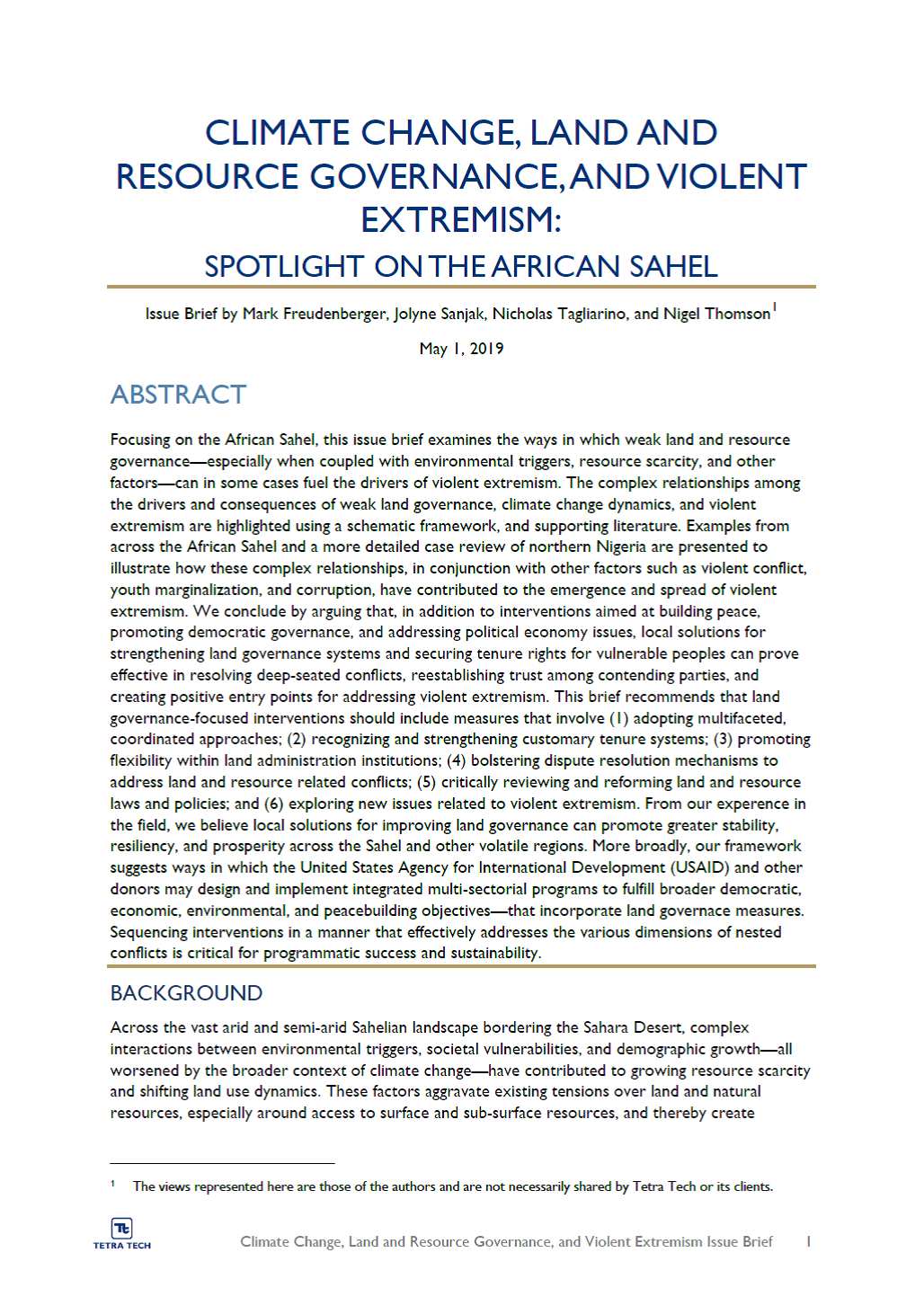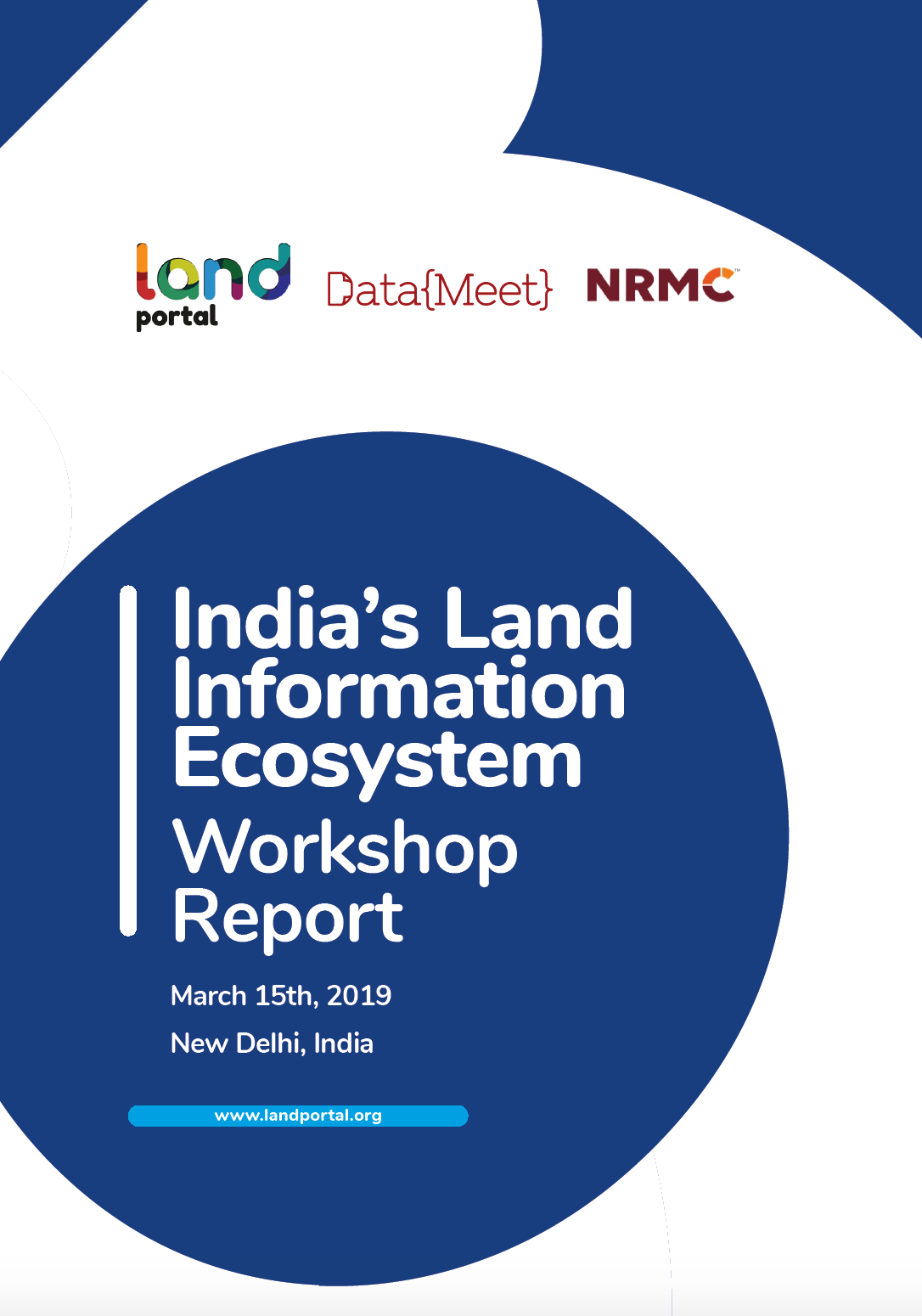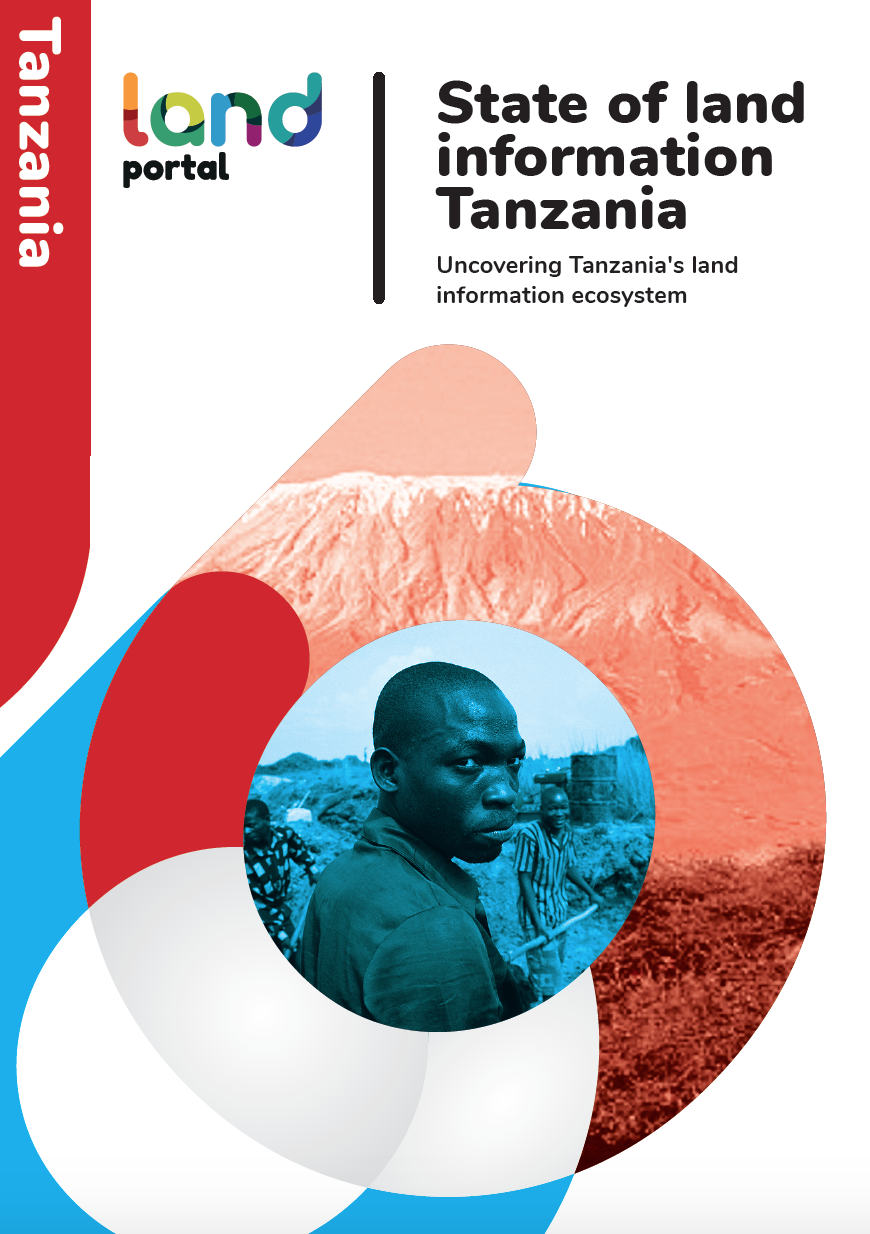Long-Term Monitoring of Protected Cultural Heritage Environments in Norway: Development of Methods and First-Time Application
Norway has a political goal to minimize the loss of cultural heritage due to removal, destruction or decay. On behalf of the national Directorate for Cultural Heritage, we have developed methods to monitor Cultural Heritage Environments.









